Hyaluronic Acid or Retinol: Which One Should You Go For?

A majority of anti-aging products contain either Hyaluronic Acid vs Retinol as key ingredients. While both of these ingredients are extremely popular and well researched, selecting a particular one for your skin can be confusing. In this article, we discuss both these ingredients in detail so that you can make an informed decision.
What is Hyaluronic Acid?

Hyaluronic Acid is a naturally occurring sugar molecule found abundantly in the human body. It is found in the connecting tissues to provide cushion and lubrication. It can attract and retain water which results in hydrated and glowing skin. Additionally, it is also believed to be good in healing wounds.
How does it work?
Hyaluronic Acid can bind more than 1000 times its weight in water. It holds the water molecule on the surface of your skin to keep it hydrated. This lowers the transepidermal water loss (TEWL) from the surface of your skin. The result is a well-moisturized skin, making it feel hydrated and look dewy.
What are the benefits of Hyaluronic Acid for skin?

Hyaluronic Acid is an anti-aging moisturizing agent. Its continuous use can treat facial redness and increase elasticity of the skin. In addition to this, it can also accentuate the wound-healing process. It is a gentle ingredient and can be used on all skin types at any age.
Possible Side-effects
Since it is a naturally occurring molecule, Hyaluronic Acid does not cause any allergic reactions. It partners well with other skincare ingredients like Retinol, Vitamin C, etc. However, its higher concentration tends to penetrate the skin and carry bacteria and other pollutants into the skin. Thankfully, there are products available which optimize its concentration for maximum effectiveness.
Some products combine Hyaluronic Acid benefits for skin with Vitamin C to correct skin dullness and premature aging. Dot & Key’s Glow Revealing Vitamin C Serum Concentrate is rich in anti-oxidants and hydrates the skin. As a result, you get a radiant and brighter complexion.
What is Retinol?

Retinoic acid or Retinol is a Vitamin A derivative. It is believed to be the gold standard for reducing wrinkles, pores, and lines. Although some variants of retinol are available over the counter, dermatologists can prescribe stronger doses. It is found naturally only in foods of animal origin like milk, eggs, cod liver oil, etc.
How does it work?
Collagen is responsible for strong and youthful-looking skin. As we age, our body produces less collagen, which can contribute to sagging skin. Retinol neutralizes the collagen reducing free radicals in the skin. This helps in reducing the appearance of existing wrinkles and preventing the formation of new ones.
What are the benefits of Retinol for skin?

It takes several months to show noticeable effects; so you need to be patient. Continuous usage of retinol can show improvement in the overall texture and pigmentation of your skin. It reverses the signs of ageing by diminishing fine lines, neutralizing dark spots, and improving the skin’s elasticity. It can also help in addressing additional skin problems like acne and uneven skin tone.
Possible Side-effects
Despite being effective, retinol is a powerful chemical and may cause some side-effects. Dryness and irritation are the most commonly reported side-effects of retinol for skin. The risk of side-effects increases if you are using multiple anti-aging products. Don't use retinol if you are pregnant or breast-feeding.
How to apply Retinol on your skin?

Retinol is a strong chemical and sensitive to Ultra-Violet (UV) rays, so it must be used only at night. Ensure that you are wearing sunscreen during the day to reduce any risk of side effects. Since it is a powerful ingredient, you need to build up your skin’s tolerance to retinol. Always follow the points below to perform a skin patch test before using it on your face.
- Apply a small amount of serum on your forearm.
- Cover the area and wait for around 24 hours.
- If you experience any irritation, you shouldn’t use this product. If you haven’t experienced any symptoms within 24 hours, it should be safe to apply on your skin.
The best practice would be to start by using products with lower retinol concentration. After testing for a couple of weeks, you can gradually increase the concentration.
One such effective product is Collagen Restorative Time Reverse Retinol Serum from Dot & Key. It visibly lifts and restructures the skin, while assisting in wrinkle recovery.
Conclusion

Hyaluronic Acid is a gentle skincare ingredient and does wonders for all types of skin. Retinol, on the other hand, is a powerful yet promising compound with potential risks. Whether you use Hyaluronic Acid or Retinol, remember that patience and realistic expectation is the key. It usually takes anywhere between six to ten months to notice Retinol or Hyaluronic Acid Benefits for skin. If you fail to see any improvements even after several months of use, you should see your dermatologist.
Author Name: Stuti Shah Sheth
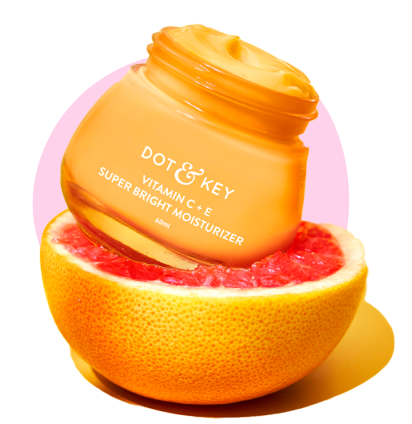
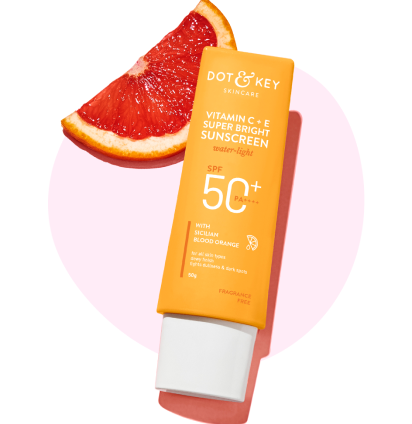
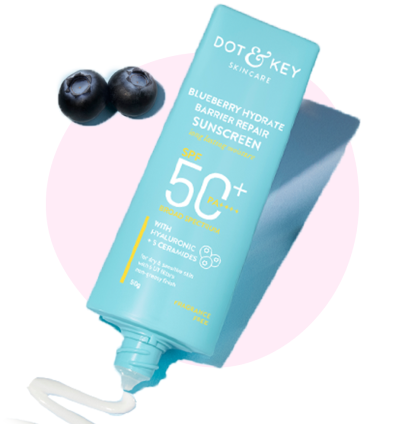
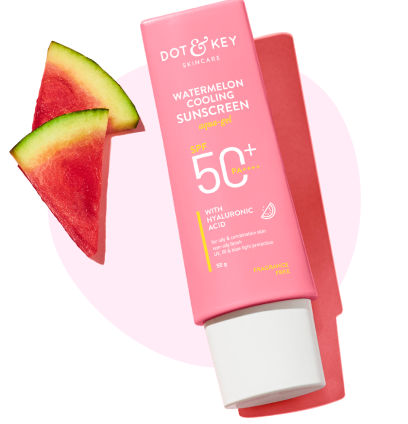
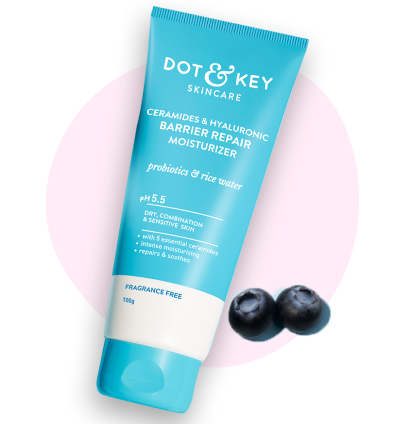
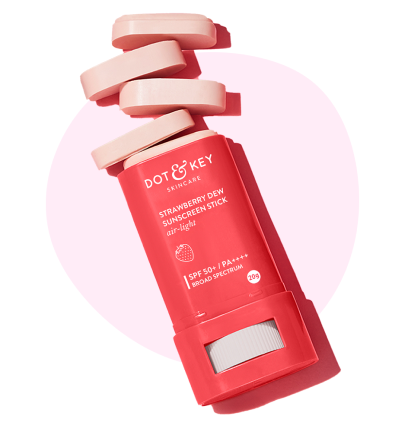
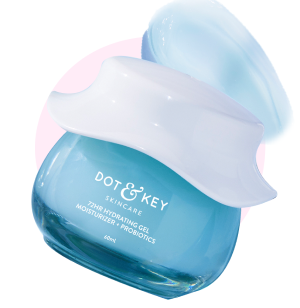

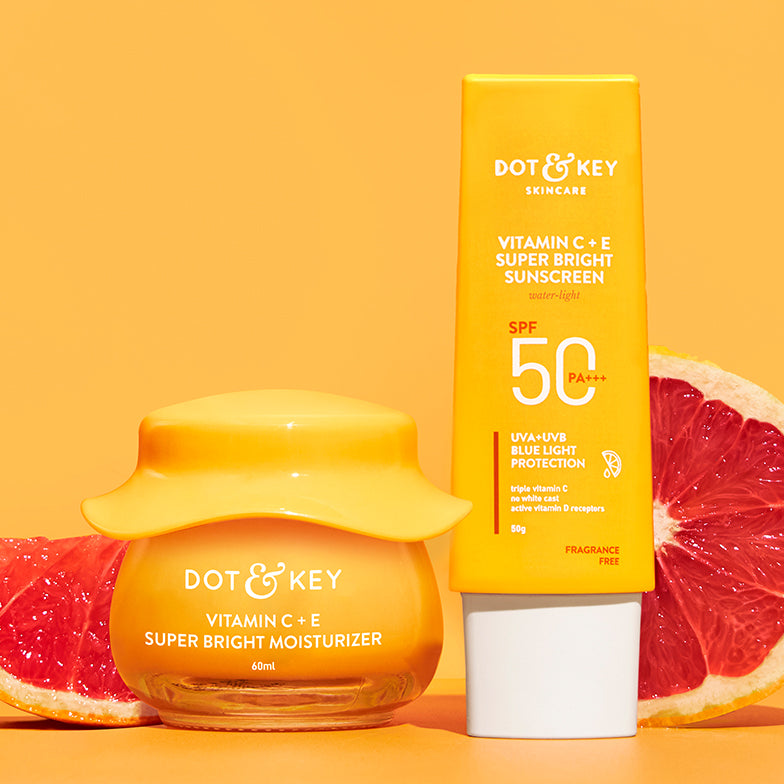





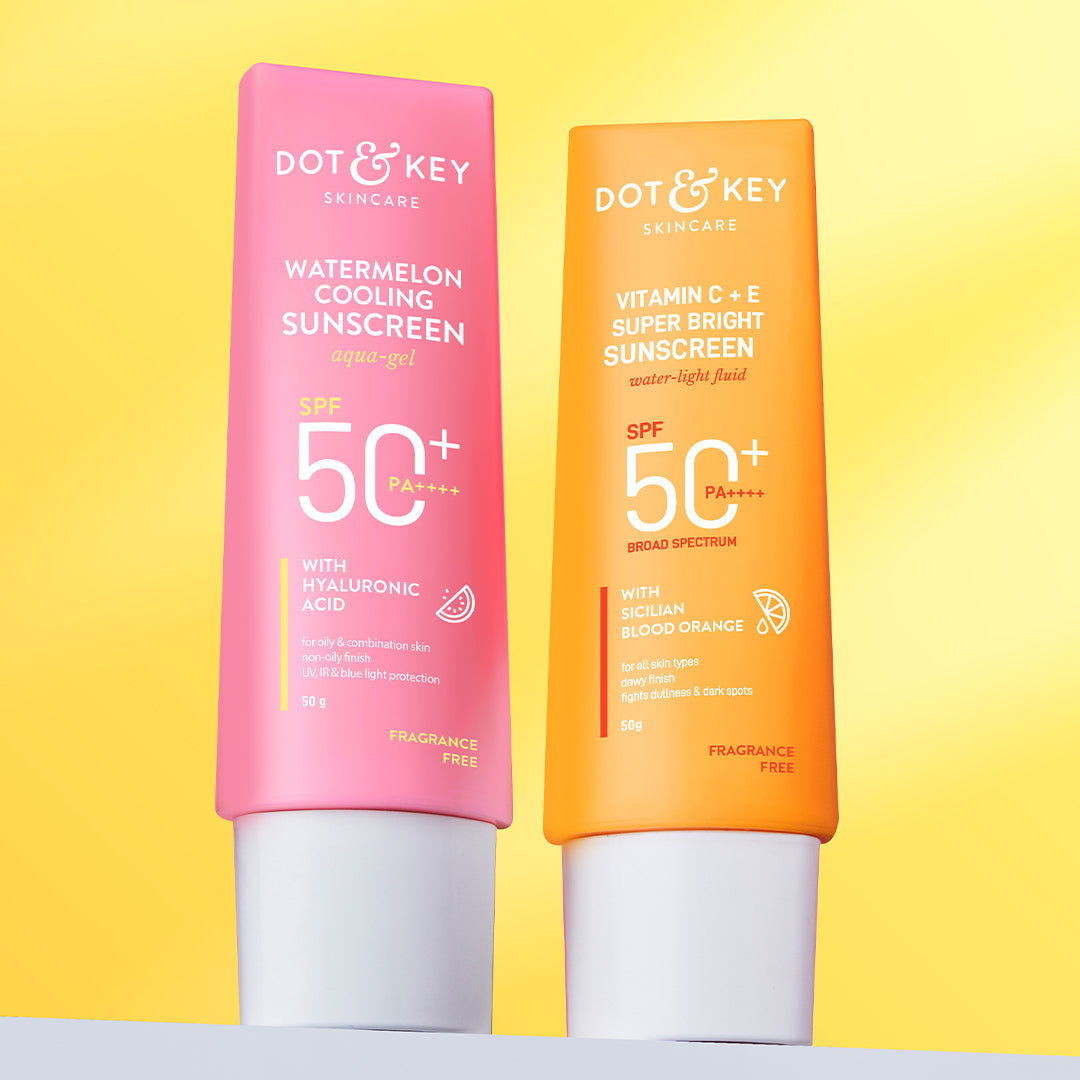



Leave a comment